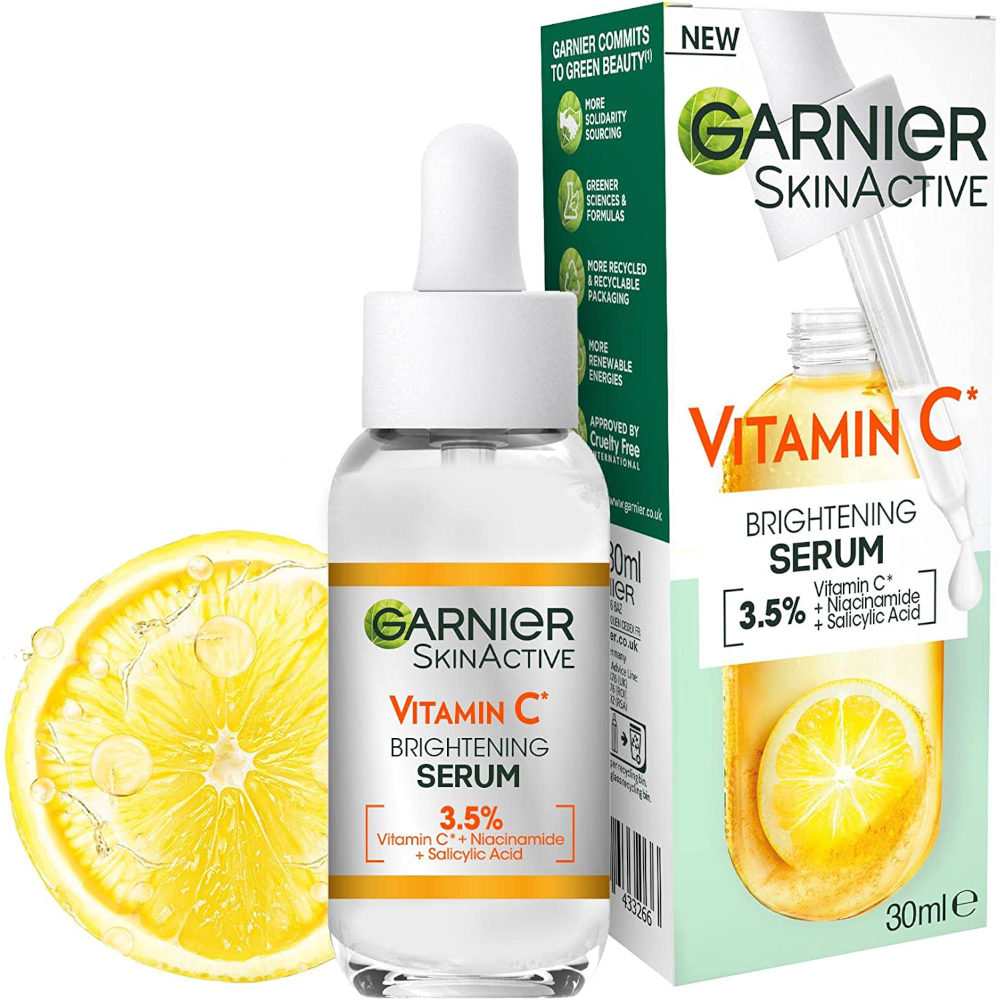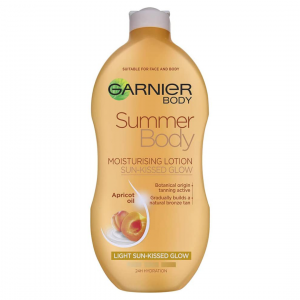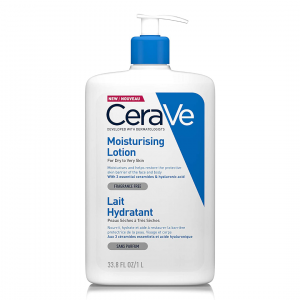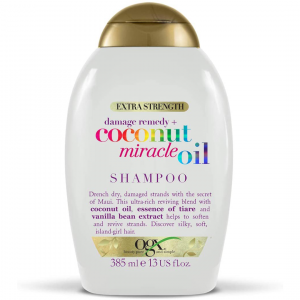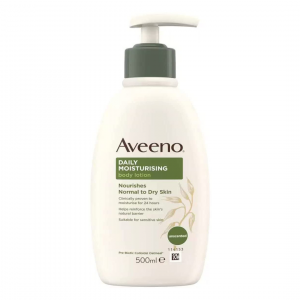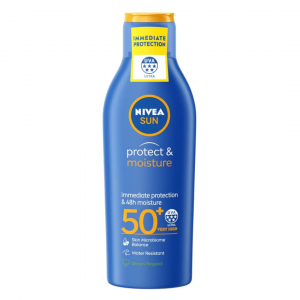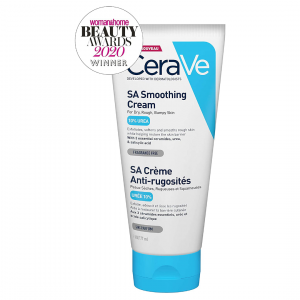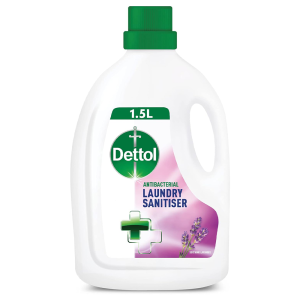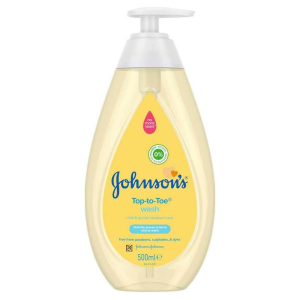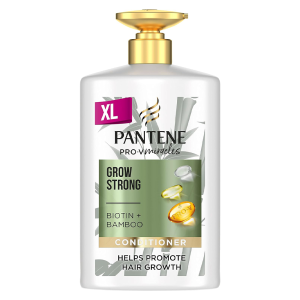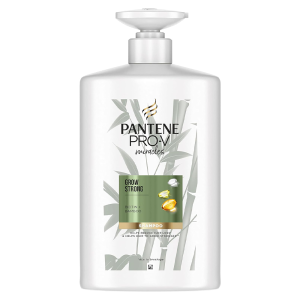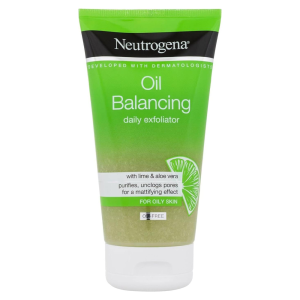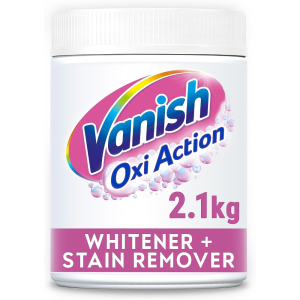Vitamin B serum is a skincare product that typically contains various forms of vitamin B, such as B3 (niacinamide), B5 (panthenol), and B7 (biotin), among others. These serums are designed to provide several potential benefits for the skin. Here are some of the potential benefits of using a vitamin B serum:
- Hydration: Vitamin B5 (panthenol) is known for its moisturizing properties. It helps to improve the skin’s barrier function and can lock in moisture, keeping the skin hydrated.
- Anti-Aging: Some B vitamins, like niacinamide (vitamin B3), have antioxidant properties that can help protect the skin from damage caused by free radicals. This can potentially reduce the signs of aging, such as fine lines and wrinkles.
- Acne Control: Niacinamide, in particular, is known for its ability to regulate oil production in the skin and reduce inflammation. This can help control acne breakouts.
- Even Skin Tone: Vitamin B3 (niacinamide) can also help reduce the appearance of dark spots and uneven skin tone by inhibiting the production of melanin.
- Improved Skin Barrier: B vitamins can strengthen the skin’s natural barrier, which helps to protect it from environmental stressors and irritants.
- Reduced Redness: Niacinamide can help reduce redness and inflammation in the skin, making it useful for those with sensitive or redness-prone skin.
- Wound Healing: Vitamin B5 (panthenol) has been shown to support the skin’s natural healing process, making it beneficial for wounds and minor skin irritations.
When using a vitamin B serum, it’s essential to incorporate it into your skincare routine properly. Typically, you would cleanse your face, apply the serum, and then follow up with a moisturizer and sunscreen during the day. The specific instructions may vary depending on the product, so it’s essential to read and follow the manufacturer’s recommendations.
Keep in mind that skincare products can affect individuals differently, and what works for one person may not work the same way for another. If you have specific skin concerns or conditions, it’s a good idea to consult with a dermatologist or skincare professional who can provide personalized advice and recommendations. Additionally, if you have any allergies or sensitivities, be sure to check the product’s ingredients list and do a patch test before applying it to your face.
What does vitamin B do to your face?
Vitamin B, when used in skincare products or incorporated into your skincare routine, can have several beneficial effects on your face and skin. Different forms of vitamin B offer various advantages for the skin:
Niacinamide (Vitamin B3):
- Reduces Wrinkles and Fine Lines: Niacinamide has anti-aging properties and can help reduce the appearance of wrinkles and fine lines.
- Evens Skin Tone: It can fade dark spots, hyperpigmentation, and redness, leading to a more even skin tone.
- Controls Oil Production: Niacinamide regulates sebum production, making it useful for managing oily skin and preventing acne breakouts.
- Strengthens the Skin Barrier: It enhances the skin’s natural barrier function, making it more resilient against environmental stressors and irritants.
Panthenol (Vitamin B5):
- Moisturizes: Panthenol is a humectant, meaning it attracts and retains moisture, helping to keep the skin hydrated.
- Promotes Wound Healing: It supports the skin’s natural healing process and can be beneficial for soothing and repairing minor skin irritations and wounds.
Biotin (Vitamin B7):
- Strengthens Hair and Nails: While primarily known for its benefits for hair and nails, biotin can also contribute to overall skin health.
These are some of the ways vitamin B can benefit your face and skin. However, it’s important to note that individual results may vary, and the effectiveness of vitamin B in skincare products can depend on factors such as the formulation of the product, your skin type, and your specific skincare concerns.
When incorporating vitamin B into your skincare routine, it’s essential to use products that are suitable for your skin type and concerns. It’s also a good idea to patch-test new products to ensure you don’t have any adverse reactions. If you have specific skincare concerns or conditions, consider consulting with a dermatologist or skincare professional for personalized recommendations.
Can you use vitamin B serum everyday?
Using a vitamin B serum every day can be a beneficial addition to your skincare routine, but the frequency of use may depend on your specific skin type, concerns, and the product you are using. Here are some general guidelines:
- Niacinamide (Vitamin B3) Serum: Niacinamide is generally well-tolerated by most skin types and can often be used daily. It offers a wide range of benefits, including skin tone improvement, oil control, and anti-aging effects. Many people use niacinamide serums both morning and night.
- Panthenol (Vitamin B5) Serum: Panthenol is also gentle and hydrating. You can use a vitamin B5 serum daily, especially if you have dry or sensitive skin. It can help maintain skin moisture and support the skin barrier.
- Biotin (Vitamin B7): Biotin is less commonly found in skincare products and is more associated with hair and nail health. When used for skincare, it’s often part of a broader formulation, and daily use would depend on the specific product’s recommendations.
When using any skincare product, including vitamin B serums, consider the following tips:
- Patch Test: Before applying a new serum to your entire face, do a patch test on a small area of skin to ensure you don’t have any adverse reactions or allergies.
- Layering: You can incorporate a vitamin B serum into your skincare routine by applying it after cleansing and toning but before heavier products like moisturizers and sunscreen (in the morning). In the evening, it can be applied before your nighttime moisturizer.
- Sunscreen: If you’re using vitamin B serums in your morning routine, it’s crucial to follow up with sunscreen. Some forms of vitamin B, like niacinamide, can make the skin more sensitive to the sun, so sun protection is essential.
- Product Specifics: Always follow the specific instructions provided by the manufacturer on the product label or packaging. Some serums may have different concentrations or formulations, which can affect how often they should be used.
- Consult a Dermatologist: If you have specific skin concerns or conditions, or if you’re unsure about how to incorporate a vitamin B serum into your routine, consider consulting a dermatologist or skincare professional for personalized advice.
Ultimately, the frequency of using a vitamin B serum depends on your skin’s needs and tolerance. Daily use is common for many people, but some may find that using it every other day or a few times a week works best for them. Listen to your skin and adjust your routine accordingly.
Who should not take vitamin B?
Vitamin B, in its various forms, is generally considered safe and essential for the body’s proper functioning. However, there are some individuals who may need to exercise caution or consult a healthcare professional before taking vitamin B supplements or increasing their intake through diet. Here are some groups of people who should be mindful of their vitamin B intake:
- People with Allergies or Sensitivities: Some individuals may have allergies or sensitivities to certain forms of vitamin B or the additives used in supplements. If you suspect an allergy or experience adverse reactions, consult a healthcare provider.
- Individuals with Kidney Problems: People with impaired kidney function may need to limit their intake of certain forms of vitamin B, particularly B3 (niacin), as excessive intake can strain the kidneys.
- Patients Taking Medications: Certain medications can interact with vitamin B supplements. For example, some cholesterol-lowering drugs (statins) can reduce the body’s production of coenzyme Q10, which is a nutrient related to vitamin B. Always inform your healthcare provider about any supplements you are taking to check for potential interactions.
- Pregnant and Breastfeeding Women: While vitamin B is important during pregnancy and breastfeeding, it’s essential to follow healthcare provider recommendations for the appropriate dosage. Excessive intake of specific B vitamins, like folic acid, can have adverse effects.
- Individuals with Specific Medical Conditions: People with certain medical conditions, such as pernicious anemia, may require vitamin B12 supplementation under medical supervision. Additionally, individuals with malabsorption disorders, like celiac disease or Crohn’s disease, may have difficulty absorbing vitamin B from food and may require supplementation.
- Alcoholics: Chronic alcohol use can interfere with the absorption and utilization of several B vitamins, particularly vitamin B1 (thiamine). Individuals with alcohol use disorder may need vitamin B supplementation as part of their treatment plan.
- Individuals with Gastrointestinal Disorders: Some gastrointestinal disorders, like irritable bowel syndrome (IBS) or inflammatory bowel disease (IBD), can affect nutrient absorption, including vitamin B. In such cases, supplementation may be necessary.
- People Taking High-Dose Supplements: While moderate doses of most B vitamins are generally safe, very high doses can lead to adverse effects. For example, extremely high doses of niacin (B3) can cause skin flushing and liver problems. It’s important to stick to recommended daily allowances unless advised otherwise by a healthcare provider.
In most cases, obtaining vitamins from a balanced diet is the best way to ensure you’re meeting your nutritional needs. If you suspect you have a deficiency or have specific concerns about vitamin B intake, it’s advisable to consult a healthcare professional for guidance and potential testing. They can help determine if supplementation is necessary and provide appropriate recommendations based on your individual health status.
Does vitamin B make you look younger?
Vitamin B, specifically niacinamide (vitamin B3), is often included in skincare products and is known for its potential anti-aging benefits. While it won’t magically erase years from your appearance, niacinamide can contribute to a more youthful-looking complexion when used as part of a comprehensive skincare routine. Here’s how niacinamide may help with a more youthful appearance:
- Reduces Fine Lines and Wrinkles: Niacinamide has been shown to stimulate collagen production, which is a protein responsible for maintaining skin’s elasticity. Increased collagen can help reduce the appearance of fine lines and wrinkles, leading to smoother skin.
- Evens Skin Tone: Niacinamide can fade dark spots, hyperpigmentation, and redness, leading to a more even skin tone. This can make your skin look brighter and more youthful.
- Moisturizes and Hydrates: Proper hydration is essential for maintaining youthful skin. Niacinamide is a humectant, which means it attracts and retains moisture in the skin. Well-hydrated skin appears plumper and healthier.
- Improves Skin Barrier: Niacinamide strengthens the skin’s natural barrier, which is essential for protecting the skin from environmental stressors and irritants. A strong skin barrier can make your skin look healthier and more resilient.
- Reduces Oiliness: For individuals with oily skin, niacinamide can help regulate sebum production, reducing shine and the risk of clogged pores, which can contribute to a more youthful appearance.
- Anti-Inflammatory: Niacinamide has anti-inflammatory properties that can help soothe and calm irritated skin. This can reduce redness and promote a more even complexion.
While niacinamide is a valuable ingredient in skincare, it’s important to note that its effects are gradual and may vary from person to person. Additionally, achieving a youthful appearance involves a holistic approach to skincare and overall health. Other factors, such as protecting your skin from the sun, maintaining a healthy diet, staying hydrated, and getting enough sleep, also play crucial roles in maintaining youthful skin.
To incorporate niacinamide into your skincare routine, look for serums or moisturizers that contain this ingredient and follow the product’s instructions. Consistency is key, and it may take several weeks to months to see noticeable results. Additionally, using sunscreen daily is essential to protect your skin from UV damage, which is a major contributor to premature aging. If you have specific concerns about aging or your skin, consider consulting a dermatologist for personalized advice and treatment options.
Can too much vitamin B affect your skin?
Excessive intake of certain B vitamins, like niacin (vitamin B3), can potentially affect your skin and lead to adverse reactions. It’s essential to maintain a balanced intake of vitamins, as excessive amounts of certain B vitamins can have specific effects on the skin:
- Niacin (Vitamin B3): High doses of niacin can cause a condition known as “niacin flush.” This occurs when blood vessels near the skin’s surface dilate, leading to redness, warmth, and itching, often in the face and neck. While this is generally harmless, it can be uncomfortable. Extremely high doses of niacin over a prolonged period can lead to more serious side effects, including liver damage.
- Biotin (Vitamin B7): Biotin is often associated with hair and nail health. While biotin deficiency is rare, excessive biotin intake through supplements can lead to skin rashes, including acne-like eruptions.
- Vitamin B6 (Pyridoxine): Excessive intake of vitamin B6 from supplements can lead to nerve damage, which may manifest as tingling, numbness, or burning sensations, often in the extremities. While this is not a direct skin issue, it can affect sensations in the skin.
It’s important to note that getting B vitamins through a balanced diet is generally safe and unlikely to lead to excessive intake. Most people obtain sufficient B vitamins from their food. Problems tend to arise when individuals take high-dose supplements without medical supervision.
If you suspect you are experiencing adverse effects related to vitamin B intake, it’s essential to consult a healthcare professional. They can help determine the cause of your symptoms and provide guidance on adjusting your intake if necessary. In most cases, vitamin B supplements should be taken as directed by a healthcare provider to avoid potential adverse effects.
Should I use vitamin B serum at night?
Whether you should use a vitamin B serum at night or during the day depends on the specific product, your skincare routine, and your skin’s needs. Here are some considerations to help you decide:
- Product Instructions: Check the instructions provided by the manufacturer on the product label or packaging. Some vitamin B serums are formulated for daytime use, while others are recommended for nighttime use. Following the manufacturer’s recommendations is a good starting point.
- Niacinamide (Vitamin B3) Serums: Niacinamide is a common form of vitamin B used in skincare products and is generally well-tolerated by most skin types. Many people use niacinamide serums both in the morning and at night. It can offer benefits like oil control, skin tone improvement, and anti-aging effects.
- Hydration and Moisture: If the vitamin B serum contains ingredients like vitamin B5 (panthenol), which is known for its moisturizing properties, it can be suitable for both daytime and nighttime use. Hydration is important around the clock, so a vitamin B serum with hydrating ingredients can be used in the morning and evening.
- Layering with Other Products: Consider how the vitamin B serum fits into your overall skincare routine. Some people prefer to use it in the morning as part of their daytime routine, while others incorporate it into their nighttime routine. If you’re using other active ingredients, like retinol or acids, it’s essential to consider how these products interact and potentially stagger their use.
- Sunscreen: If you use a vitamin B serum in the morning, be sure to follow it up with sunscreen. Some forms of vitamin B, like niacinamide, can make the skin more sensitive to the sun, and sunscreen is crucial for sun protection.
- Personal Preference: Ultimately, the choice of whether to use a vitamin B serum at night or during the day can be a matter of personal preference. Some people find that their skin responds better to certain products when used at specific times of the day.
- Consult a Dermatologist: If you have specific skin concerns or conditions, or if you’re unsure about when to use a vitamin B serum, consider consulting a dermatologist or skincare professional. They can provide personalized recommendations based on your individual skin type and concerns.
In summary, using a vitamin B serum at night or during the day can be effective, and it depends on the product and your skincare routine. It’s important to follow the product’s instructions, consider your skin’s needs, and be consistent with your routine to achieve the best results.
D-NMART

